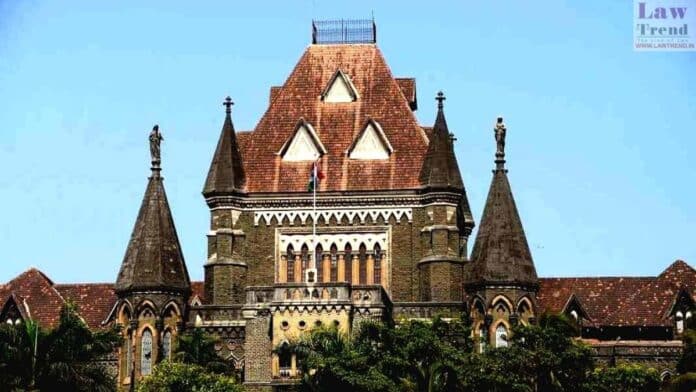The Bombay High Court on Wednesday directed the Union government to file an affidavit in response to a public interest litigation (PIL) challenging the protection from disqualification granted under the anti-defection law in case of mergers of two parties.
A division bench of Chief Justice D K Upadhyaya and Justice Arif Doctor also issued a notice to Attorney General R Venkataramani as the PIL challenged constitutional validity of the paragraph 4 of the tenth schedule of the Constitution of India. The tenth schedule enshrines the anti-defection law.
The provision says that disqualification on the grounds of defection does not apply in case of a merger of two parties.
The court was hearing a petition filed by Meenakshi Menon, a media and marketing professional and founder trustee of NGO Vanshakti.
The bench directed the Union government to file the affidavit within six weeks.
Menon’s lawyer Ahmed Abdi argued that defection was a “social evil” and legislators switch loyalties not for public interest but for power, money and sometimes due to the fear of investigation agencies.
“In all this, the voter is suffering. The voter cannot go to Parliament…voter can only come to court. Vote is taken on a particular ideology or manifesto but later the party changes. This is a betrayal of the trust of the voter,” Abdi argued.
Menon’s plea sought that the court declare the paragraph providing for ‘split and merger’ of political parties in the tenth schedule as illegal, unconstitutional and in contravention of the basic structure.
The provision is used by politicians for group or en masse defections and voters are betrayed in the process, the PIL said.




